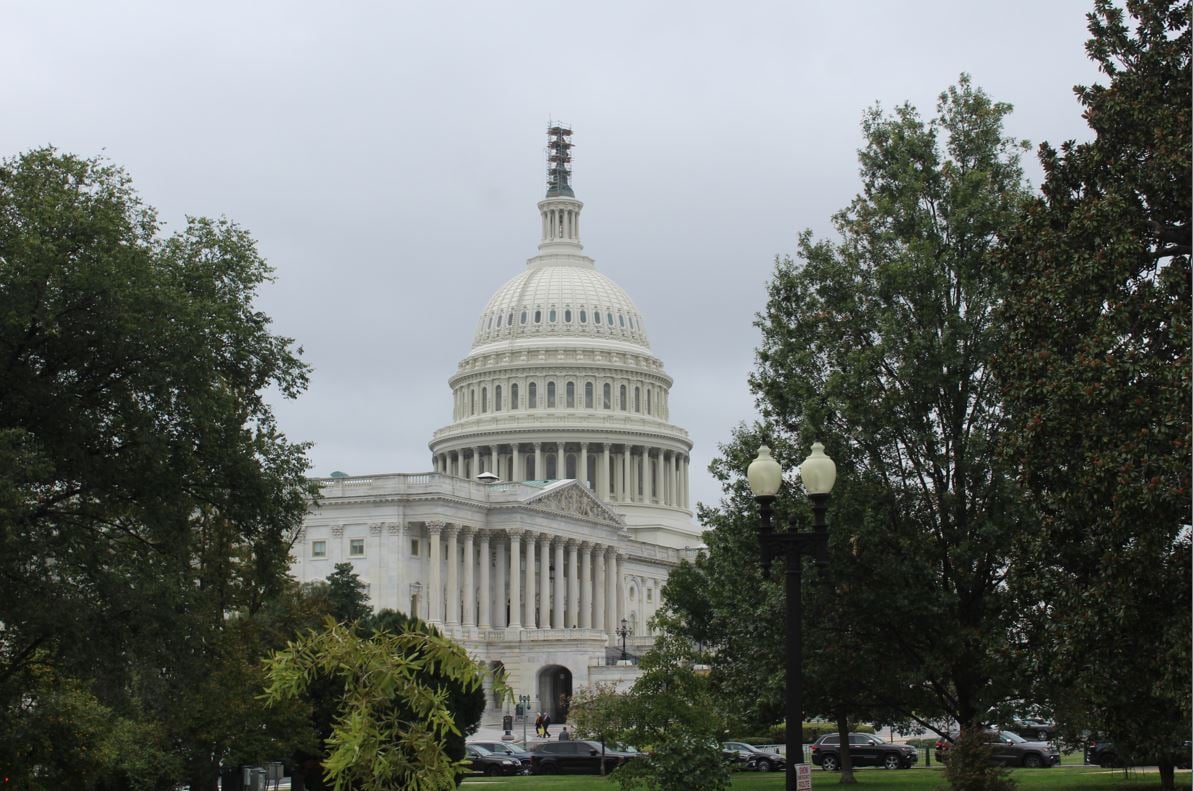Senate Moves to Avert Looming Government Shutdown

WASHINGTON — Democrats and Republicans in the Senate reached an agreement Tuesday afternoon on a stopgap spending plan that could keep the government funded through mid-November, but some provisions are not likely to fly with hardliners in the House.
The bill, which appeared to have sailed through a preliminary vote later Tuesday, would both fund the government through Nov. 17 and provide $6 billion in aid to Ukraine with another $6 billion earmarked for disaster relief for parts of the U.S. impacted by wildfires and flooding.
Senate Majority Leader Chuck Schumer, D-N.Y., indicated that the hope is for the measure to formally pass in the Senate by the end of the week and send it to the House in time to avert the shutdown that will begin at midnight Saturday if no stopgap funding is in place.
However, no one knows right now whether House Speaker Kevin McCarthy, R-Calif., would even consider bringing it to the House floor.
Both the continued funding at current levels and the aid to Ukraine are anathema to hardline conservative Republicans in the House who have repeatedly stymied attempts to pass a continuing resolution and even a Defense spending bill this past month.
To pass the Senate measure, McCarthy would need Democratic votes to push it through the House, but the most hardline of the GOP conservatives have suggested that any Republican — presumably including the speaker — working across the aisle to pass a continuing resolution would be signing their own “political death warrant.”
Rep. Rosa DeLauro, D-Conn., ranking member of the House Appropriations Committee, said Tuesday evening that the bipartisan Continuing Resolution introduced by the Senate is “a reasonable approach to keeping the government open while we finish our work on final 2024 funding bills.”
“It is not perfect, but it prevents a catastrophic and avoidable shutdown, includes critical funding to help communities recover from natural disasters, and protects national security with continued support for Ukraine in the face of Russia’s continued attacks,” she said.
“If House Republicans are serious about finishing final full-year bills, they need to vote for this bipartisan continuing resolution so we can get to work right away,” DeLauro added.
There’s also one other wildcard in the mix. Sen. Rand Paul, R-Ky., an opponent of providing more aid to Ukraine, has threatened to use Senate procedural tools to slow the bill’s passage and its arrival in the House.
Dan can be reached at [email protected] and @DanMcCue
























